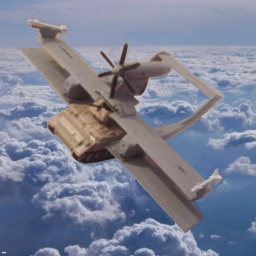

Could be. I’ve seen video of someone in Vietnam clearing mines, and they just did it with a knife. Didn’t detonate the thing.
I’d assume that anti-tank mines, unless they have anti-handling mechanisms designed to target people disarming them, probably won’t go off on a person.



It’s not new today, but it post-dates “AI” and hit the same problem then.